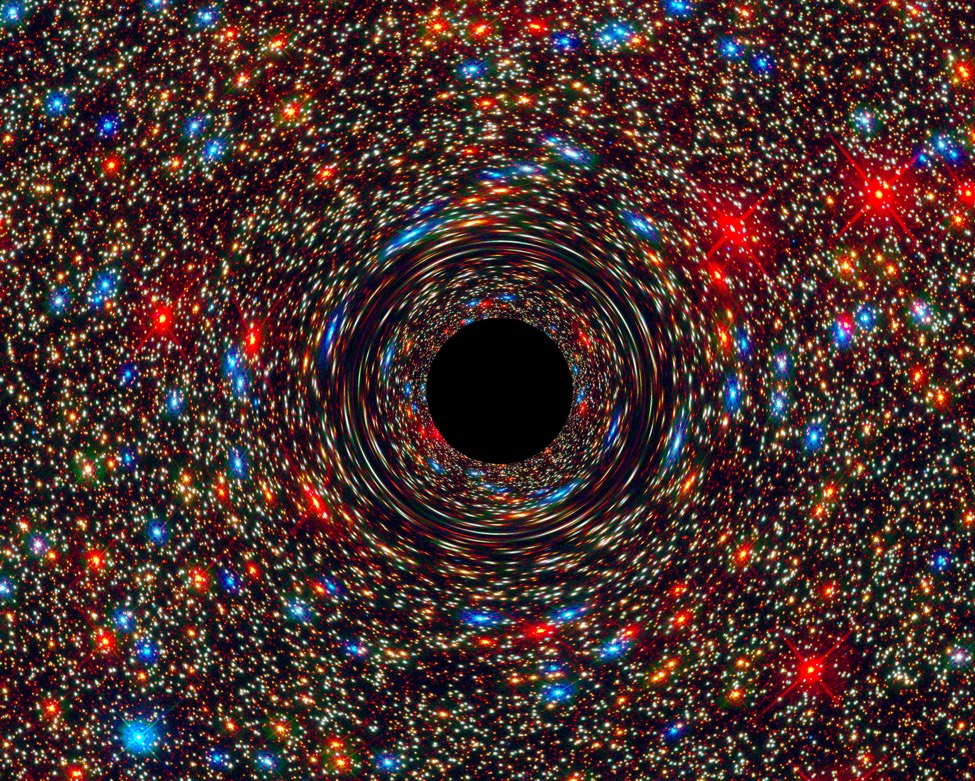What's That Noise? 11 Strange and Mysterious Sounds on Earth & Beyond
Black hole in B-flat

Astronomers have not only reported that black holes can sing, they have also said they found one singing in a note close to B-flat for more than 2-billion years.
In an active supermassive black hole in the Perseus cluster of galaxies, located about 250 million light-years away from Earth, scientists detected "notes" caused by pressure waves from powerful electromagnetic eruptions from the hot disk of accumulated matter around the cluster's central black hole.
X-ray astronomers at Cambridge University in England have been able to measure the frequency of the waves from the black hole as they spread through the hot, thin gas between the galaxies in the cluster.
In 2003, the scientists reported that the sounds are very close to a B-flat note, but about 57 octaves lower than the note of Middle C.
The researchers said their study suggests the black hole has been playing "the lowest note in the universe" for around 2 billion years: "the longest lasting symphony that we know of."
Get the world’s most fascinating discoveries delivered straight to your inbox.
Tom Metcalfe is a freelance journalist and regular Live Science contributor who is based in London in the United Kingdom. Tom writes mainly about science, space, archaeology, the Earth and the oceans. He has also written for the BBC, NBC News, National Geographic, Scientific American, Air & Space, and many others.


